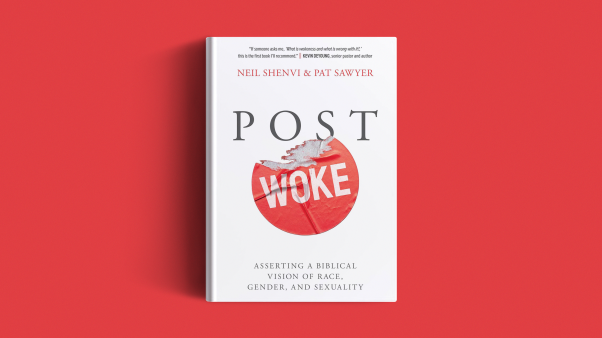Whenever we step into the pulpit, we are the advocate of the people who listen to us. We are a mediator of the text for them. Our role is to help them understand God's Word.
Unfortunately, we can sometimes adopt an adversarial relationship with our hearers in our preaching. It's not intentional, and it may come from a desire to preach prophetically, but some of us are more comfortable pronouncing woes than the gospel.
I realized this after I left pastoring and went into teaching. Taking my place in the pew on Sundays and listening to sermons, I realized how often I left the meeting feeling as though someone had beaten up on me. When I looked at some of my older sermons, I realized I had done the same thing.
Helmut Thielicke, who preached a wonderful series of sermons based on the Lord's Prayer in Stuttgart during the Allied bombing of World War II, models what it means for a preacher to be an advocate. He tells about meeting one of the women in his congregation near a bombed-out building as he was walking through the city. She pointed down into the crater and said, "My husband died there."
In that context of sheer terror, Thielicke's sermons are filled with compassion. He voices all the fears and questions his congregation has about God, but he does it with great sympathy. There was no doubt that he was on their side. He looks at the problem through their eyes. He did not look down on them, he did not scold, he was not preaching from Sinai. He was like Christ, who comes and dwells among us and takes our burdens on himself.
Advocating for our people may be easy when they are facing war and death on a daily basis, but many in our churches are facing battles of a different kind. What disturbs me when I read some of my old sermons is I get the impression that, unlike Thielicke, I don't like the people I'm preaching to. I sound angry with them. My tone communicates that they don't quite measure up to my expectations. I was not identifying with their struggles.
At times we must speak prophetically. We cannot merely say what people want to hear. Thielicke realized this. Preaching in a bombed out church, he interpreted his country's experience as evidence of divine judgment. "For God's judgment does not consist in his destroying the offenders with a thunderbolt from heaven." Instead, he explained, it consists of God allowing us to pursue our chosen road to the end. Thielicke saw even this as a mark of divine love, explaining that God's wrath is easier to bear than his silence.
Many of us have a false understanding of what it means to be a prophet. We picture the prophet standing against the people, calling them to account, and challenging them to repent.
By contrast, the biblical image of prophetic preaching is that of a parent. I sometimes have to say hard things to my children, things I would rather not say and that they don't want to hear. But I am compelled by love to tell them the truth.
We fail our audience when we leave love out of our prophetic preaching. When Thielicke preached to his people, he voiced their fear that God had abandoned them or that the evils of war was proof that he doesn't exist. Thielicke spoke their fears and did not judge them for having them. Then he brought the audience and the text together, showing how those fears are unfounded where Christ is concerned.
Following Thielicke's example, we need to identify with our audience in such a way that we can speak on their behalf, while also being grounded in the text so that we can also speak for God. In a real sense, the preacher is a mediator. (Not in the salvific way—only Jesus is that.) When we analyze the text, we speak to the text on behalf of our audience. We ask the text the questions our people would ask. Then we speak to the audience on behalf of the text, on behalf of God. Instead of prophets standing against the people, we, as shepherds, are called to stand with them as fellow strugglers in need of God's grace.
—John Koessler is chairman of the pastoral studies department at Moody Bible Institute in Chicago and general editor of The Moody Handbook of Preaching (Moody, 2008).
Copyright © 2009 by the author or Christianity Today/Leadership Journal. Click here for reprint information on Leadership Journal.









